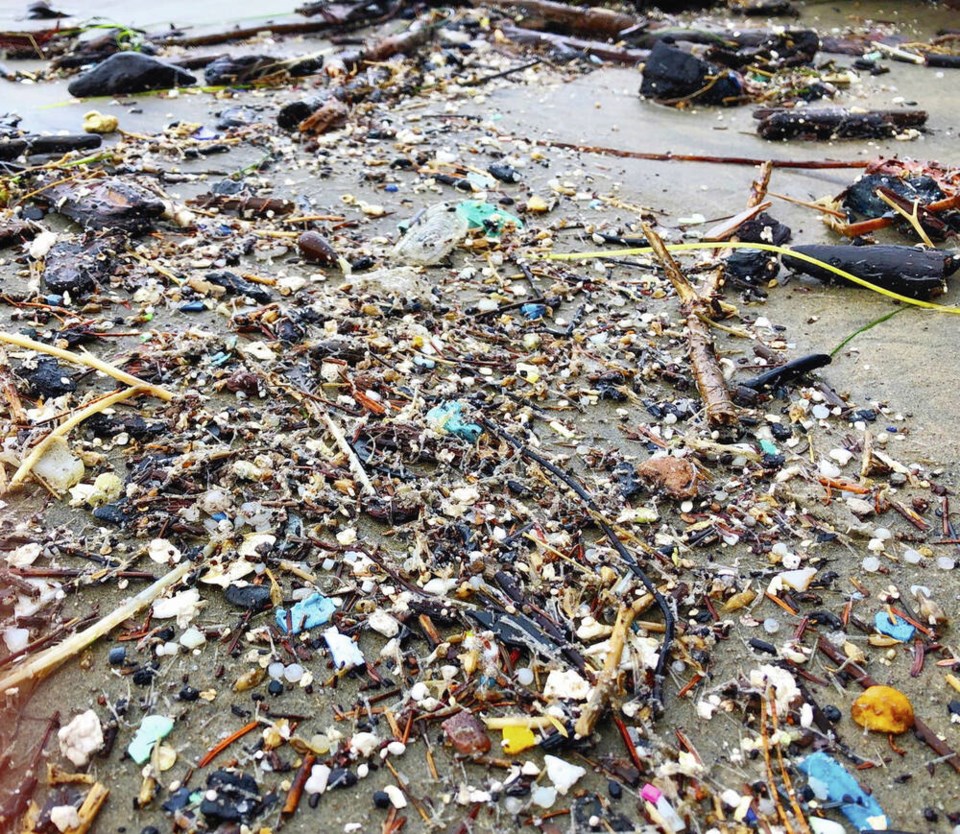Last week, I suggested that the bad decisions that government and corporate leaders are making, in the face of growing evidence of ecological decline and potential collapse, are rooted in a set of societal values that are unfit for purpose in the 21st century.
Back in April, I was asked to be the homilist at the First Unitarian Church just before Earth Day and to talk about the values revolution that is needed.
Now I don’t know about you, but I didn’t even know there was such a a beast as a homilist, and only a vague sense of what a homily is. So I looked it up. A homily, I found, is “a commentary that follows a reading of scripture, giving the ‘public explanation of a sacred doctrine’ or text.”
Clearly, I needed a piece of scripture on which to base my homily. But not being a theist, I had no sacred text to turn to.
So I looked to a piece of wisdom that might be considered scripture — a word that means “sacred writings.” It certainly is scripture for me: “Ecosystems sustain societies that create economies. It does not work the other way around.”
The source is the 2014 edition of the bi-annual Living Planet report from the Worldwide Fund for Nature (WWF). This simple piece of scripture contains a great deal of wisdom that is relevant to our modern conundrum, and underscores the need for a values revolution.
Indeed, it is a simple but profound prescription for how we should organize our societies, communities and economies. But in practice, driven by a set of distorted values, we try to make it work the other way around.
As a result we live in a world where economies shape and distort societies that then damage or destroy ecosystems – to the detriment not only of our health and wellbeing, but that of a myriad other species with whom we share this one small planet.
There are four elements in the WWF “scripture” that I want to explore with respect to the values we currently exhibit and how they need to change. They are the three realms of the Earth (ecosystems), society and the economy, and how we prioritize among them.
These three realms are congruent with what the Great Transition Initiative calls “the conventional triad of individualism, consumerism, and domination of nature” that lies at the root of our current global and local crises.
The Great Transition Initiative is focused on a deep transformation of culture and society and proposes that in opposition to the conventional (and mis-aligned) triad of values noted above — individualism, consumerism, and domination of nature — we need to develop “a constellation of values — human solidarity, quality of life, and ecological sensibility” that will get us to the future we need.
Let’s start with the realm of the Earth and its ecosystems. As the WWF makes clear, ecosystems — and more broadly, the Earth — contains everything else.
Every human we know of, except for the 10 currently on the International Space Station, lives on Earth — all 8+ billion of us. Every human there has ever been, and every member of every species there is or has ever been, lives or lived on Earth.
This one tiny blue dot contains all the life of the universe, as far as we know at present, and it is the basis of our very existence.
So you would think we would treat the Earth with great reverence, respect and care. But we know we don’t. Ever seen a clearcut? A polluted river? A burned forest? A destroyed reef? A tarsands mine? A tailings pond? An oceanic plastics gyre? Cities and the lands that surround them covered in air pollution?
We are in deep, deep trouble. We have already crossed six of nine planetary boundaries and are approaching two of the remaining three. In the process we have triggered a sixth “Great Extinction.”
All this stems from an unfit set of values rooted in a mistaken belief that we are separate from and indeed superior to nature, and can manipulate and manage nature for the benefit of our societies and our economies.
I will discuss this further over the coming weeks.
Dr. Trevor Hancock is a retired professor and senior scholar at the University of Victoria’s School of Public Health and Social Policy
>>> To comment on this article, write a letter to the editor: [email protected]



